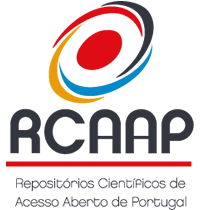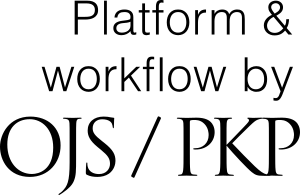Optimization of a protocol for isolation of immune cells from European seabass (Dicentrarchus labrax)
DOI:
https://doi.org/10.48797/sl.2023.30Keywords:
PosterAbstract
Background: As one of the most important food production sectors worldwide, aquaculture is now invested in developing tools to study fish immunity. Fish health relies heavily on hematopoietic organs (head kidney), but also on intestine. The wide knowledge-gap of the fish immune system coupled with the lack of cell lines to perform in vitro studies poses a barrier to the development of efficient tools to enhance fish immunity. Objective: We optimized the protocol for isolation of immune cells from the head kidney (HK) and posterior intestine (PI) of European seabass, to be used as an in vitro tool to test the impact of environmental contaminants on the fish immune system. Methods: HK and PI of European seabass were collected following the methodology of Park et al. [1]. Tissues were pushed through cell strainers. Cell suspensions were layered on a Percoll gradient of 34%/51% (HK) and 25%/75% (PI) and the intermediate band was thereafter collected. Isolated cells were resuspended in L-15+ media with 10% FBS and allowed to adhere to cell culture dishes for 24-h at 23ºC. Adherent cells were detached with PBS 7 mM EDTA on ice. Isolated cells were analyzed by flow cytometry followed by sorting, using lectins WGA and LEL as markers. The cells’ morphology was assessed using cytospinning followed by diff quick staining. Results: We observed a heterogeneous cell population in HK and PI. A high number of leucocytes was isolated from HK (lymphocytes, neutrophils, and monocytes); while in PI the number of leucocytes was scarce. WGA and LEL markers failed to distinguish the cell populations. Based on their morphology, the adherent cells seemed to be enriched in monocytes and/or macrophages. Conclusions: The development of protocols for isolation and culturing of immune cells can be used as a steppingstone for further studies on fish immunity.
References
1. Park, Y., Zhang, Q., Wiegertjes, G. F., Fernandes, J. M. O., Kiron, V. Adherent Intestinal Cells From At-lantic Salmon Show Phagocytic Ability and Express Macrophage-Specific Genes. Front. Cell Dev. Biol. 2020, 8, 580848.
Downloads
Published
How to Cite
Issue
Section
License
Copyright (c) 2023 D. Salazar-Gutierrez, M. Ferreira, V. Sousa, L. M. P. Valente, A. Correia, S. Gomes

This work is licensed under a Creative Commons Attribution 4.0 International License.
In Scientific Letters, articles are published under a CC-BY license (Creative Commons Attribution 4.0 International License), the most open license available. The users can share (copy and redistribute the material in any medium or format) and adapt (remix, transform, and build upon the material for any purpose, even commercially), as long as they give appropriate credit, provide a link to the license, and indicate if changes were made (read the full text of the license terms and conditions of use).
The author is the owner of the copyright.









